Jason Goodwin: 'In the garden I see myself as a god, quite Old Testament, full of wrath and vengeance'
'Bonfires spring up in my wake,' says Jason Goodwin. 'Brambles part before me like the Red Sea.'

Exquisite houses, the beauty of Nature, and how to get the most from your life, straight to your inbox.
You are now subscribed
Your newsletter sign-up was successful
People talk about enjoying their gardens in the clement seasons: spring’s awakening, as catkins appear on the twigs and bulbs push up through the grass; the summery sound of mallet on wood, gentle argument from the lawn and swallows on the wing; dahlias and lazy bees, turning leaves and autumn twilights. Winter, however, gets a hard rap.
For every day that brings frost on the topiary, there are three that bring muddy paws into the kitchen. At this time of year, some people can barely raise their nose from the seed catalogues or their feet from the sofa, unless it is to jet off to Kerala for sunshine and a month of mango lassis and ayurvedic massage.
I once had a taxi driver who spent April to September driving people to Heathrow and the other six months driving people to the airport in Auckland, New Zealand, so he never encountered winter at all, in all its muddy splendour. He knew he was rather clever, but I thought the idea was a little sad—and possibly immoral.
In the second-hand quad-bike market, as in the world of aeroplanes, the degree of wear and tear the machine has suffered in its career is measured not by the miles it has travelled, but by the hours it has worked. If I were fitted with a meter this month, I think I’d clock the dial.
This is when the most exciting parcels arrive: boxes marked ‘LIVE PLANTS’, always smaller than you had imagined—100 whips of mixed hedging make a surprisingly tight bundle. To plant them, in stony ground, I use a 6ft iron spear from a tractor bucket to make the hole and drop the whip in. A stick, a plastic guard and on to the next; 25, and it’s time for a cup of tea. Afterwards, I like to mulch the line with cardboard, to suppress the weeds. I am very fond of cardboard and fetch it in quantity from the dump. The packing tape needs to be ripped off, but brown or shiny, printed, plain or corrugated, it all breaks down in the end and feeds the soil.
It’s not all new hedge. Old hedge needs attention, too, especially the blown-out and massively overgrown beech hedge that I’ve been ignoring for years. It’s a job for wielding saws and secateurs, for wearing thick gloves and the anti-bramble hat. Some winters, there is hedge-laying, too, with a hook and a saw. Days can slip by.
In the garden, I see myself as a god, quite Old Testament, full of wrath and vengeance and with a penchant for burning bushes. Bonfires spring up in my wake; brambles part before me like the Red Sea.
Exquisite houses, the beauty of Nature, and how to get the most from your life, straight to your inbox.
Wrath aside, there is Creation, for I have planted, too, yew and dogwood, beech and medlar. I have rows of cuttings in the vegetable beds, stiff as park railings. I have apples to prune and roses to tie in, even the leaves of the hellebores need to be pared back to show the flowers. One day, between the ivy fronds, the snowdrops appear.
As I’m not God, but a pew filler, I think of the General Confession: We have left undone those things which we ought to have done, as it puts it so succinctly, and we have done those things which we ought not to have done. I shouldn’t have pruned that old apple tree quite so hard—it will answer with watershoots. As for the leaves that still need to be raked, the stakes that need to be checked, the gutters that want clearing and paths that need sweeping (now is the season, the manuals insist, for cleaning up your flower pots and trays, as if anyone ever had time for that), it will be a thing left undone which I ought to have done—something for the next season.

Jason Goodwin: 'What makes a garden is serendipity. Two plants grow together and a stray seedling springs up between them'
Jason Goodwin's garden tours have kicked off, leaving him musing on things unplanned.
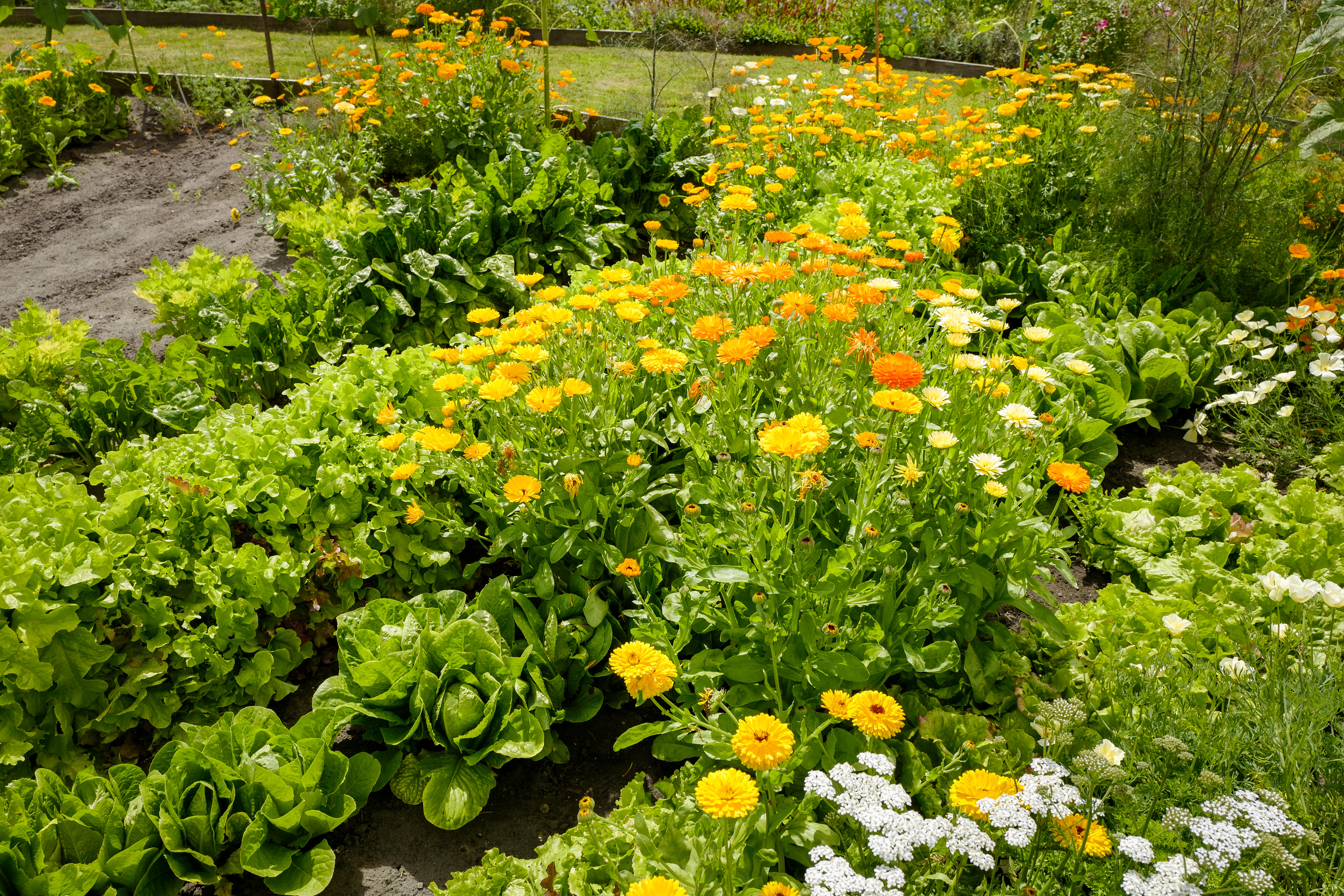
Credit: Alamy Stock Photo
Jason Goodwin: The half-term report of the keen amateur gardener
It might be the end of term for schoolchildren, but for gardeners across the nation we're very much only half-way
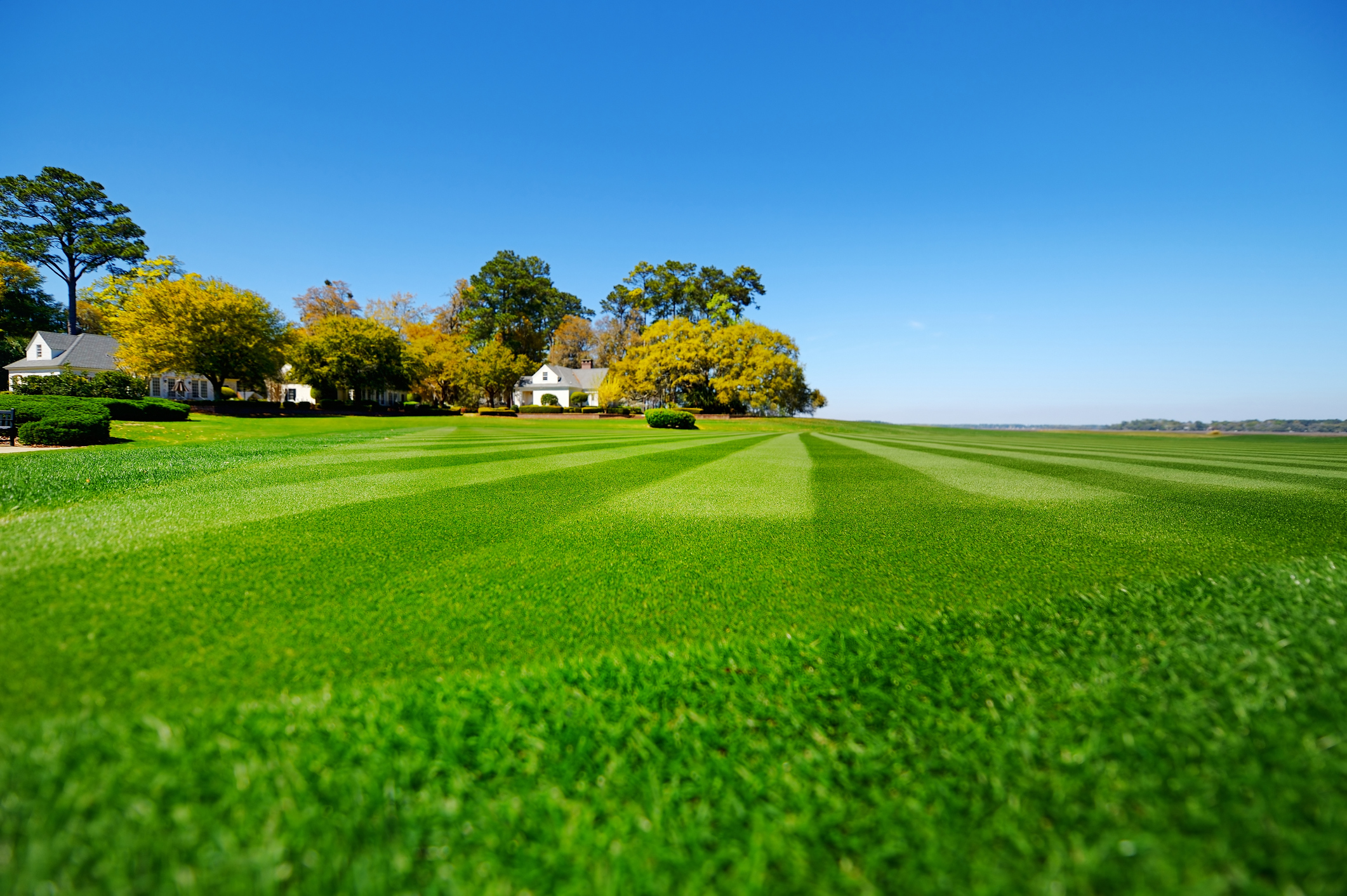
Credit: Getty Images/iStockphoto
Jason Goodwin: 'The very idea of stripes on a lawn made my German friend shudder'
Centrepiece of a classic English country garden, or bourgeois construct of the machine age? Our columnist Jason Goodwin takes aim
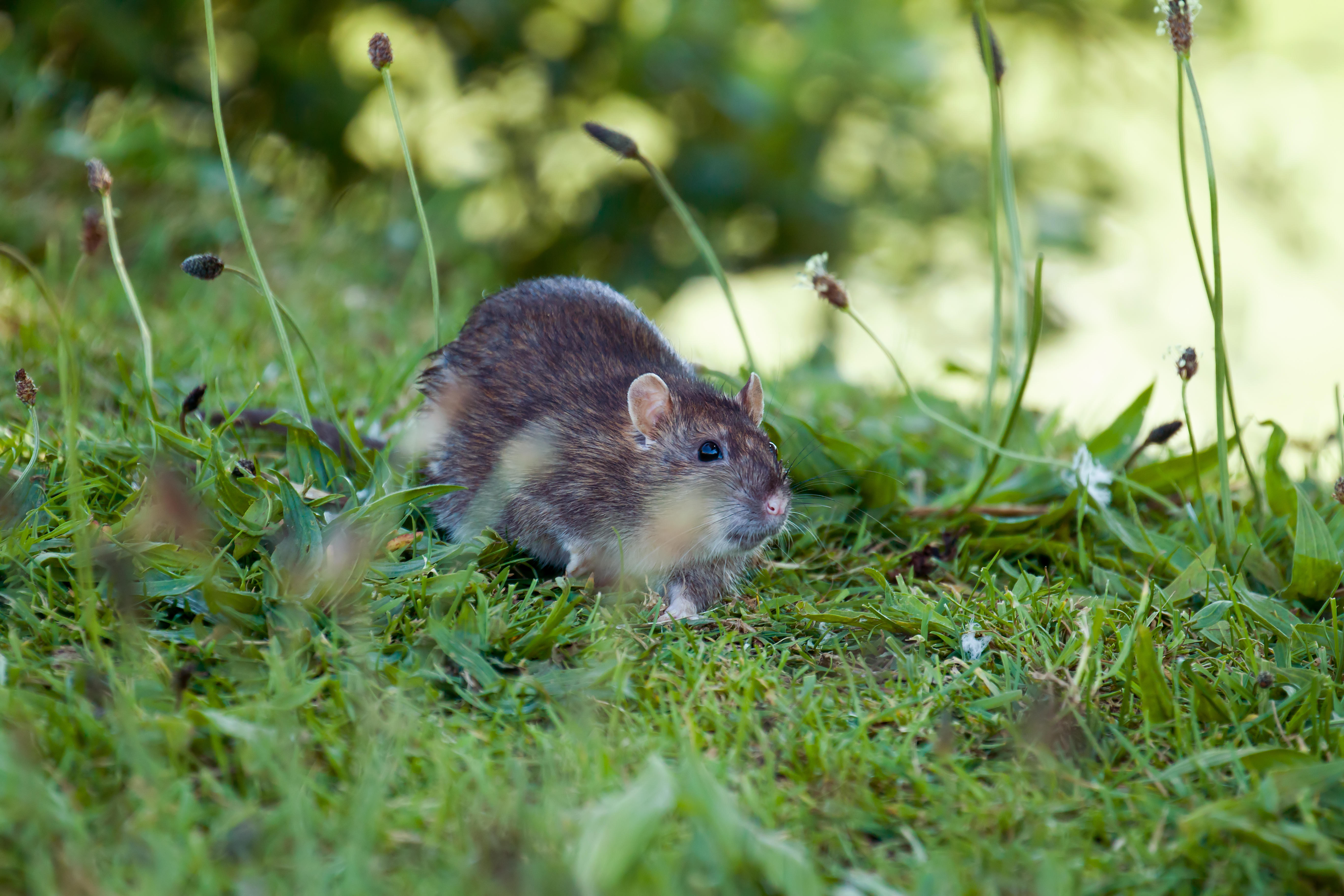
Credit: Alamy
Jason Goodwin: Is courtly communication the way to go when dealing with rodent pests?
Jason Goodwin discusses our long-standing tradition of courtesy with animals, and why he politely chose to ignore it when dealing
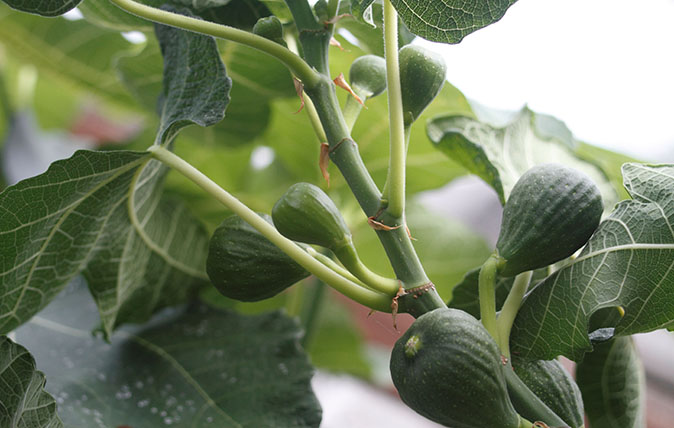
Jason Goodwin: 'I think about it when I’m on the stepladder, reaching out dangerously far to tweak a ripe fig'
Jason Goodwin tells our readers why he's now decided to give a fig about the ancient fruit that's been growing

Credit: Alamy
Jason Goodwin: 'There's a hum about the whole house that reminds me of a great ship charting its course through the high seas'
The gardener’s lot is a happy one, says Jason Goodwin, even though you might end up with an inch of
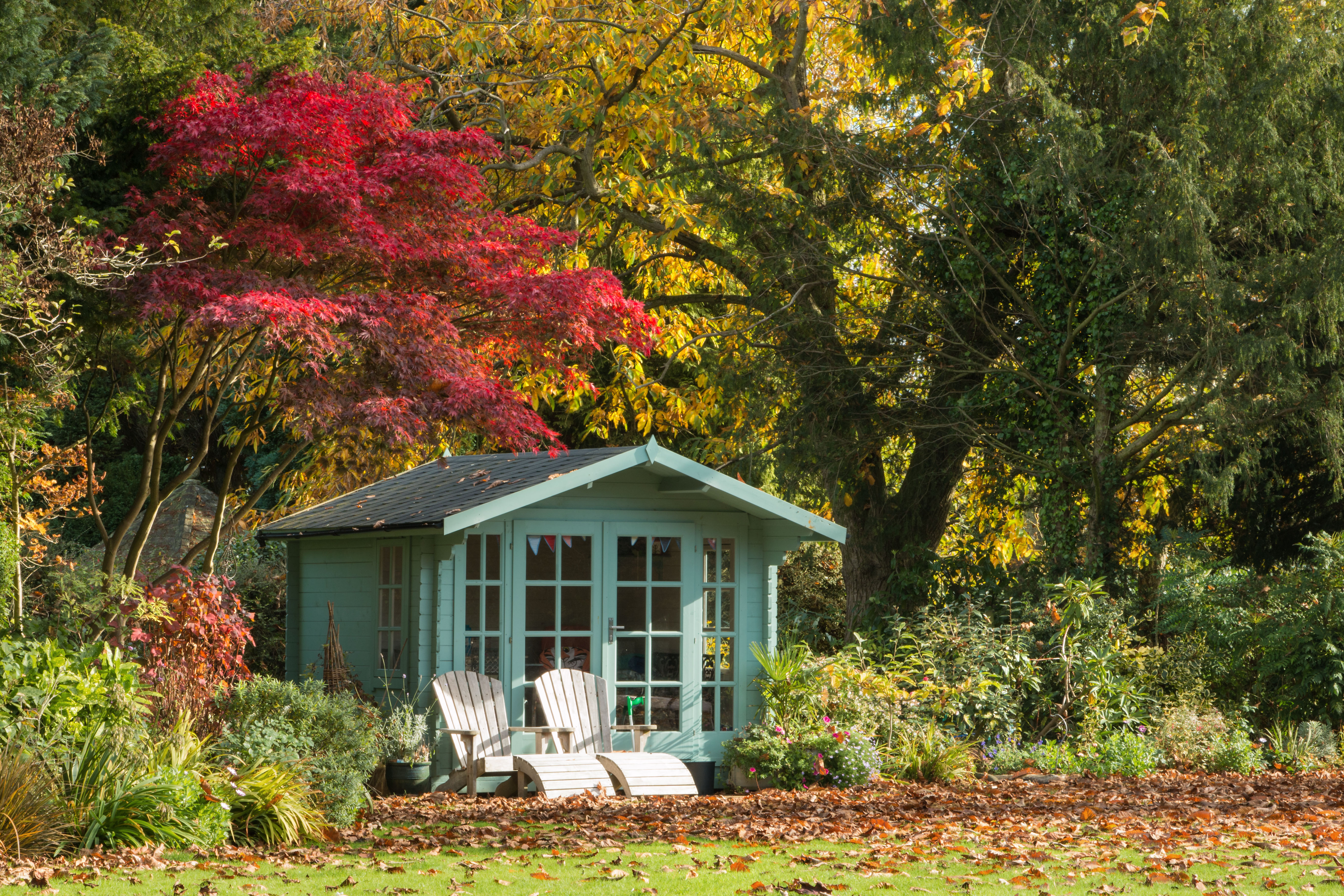
Credit: Getty Images
Jason Goodwin: 'In the rain it looks like a teahouse in a run-down corner of Uzbekistan'
Jason Goodwin explains the origins of his garden glass house; a twinkling, relaxing spot in summer, but come winter, a